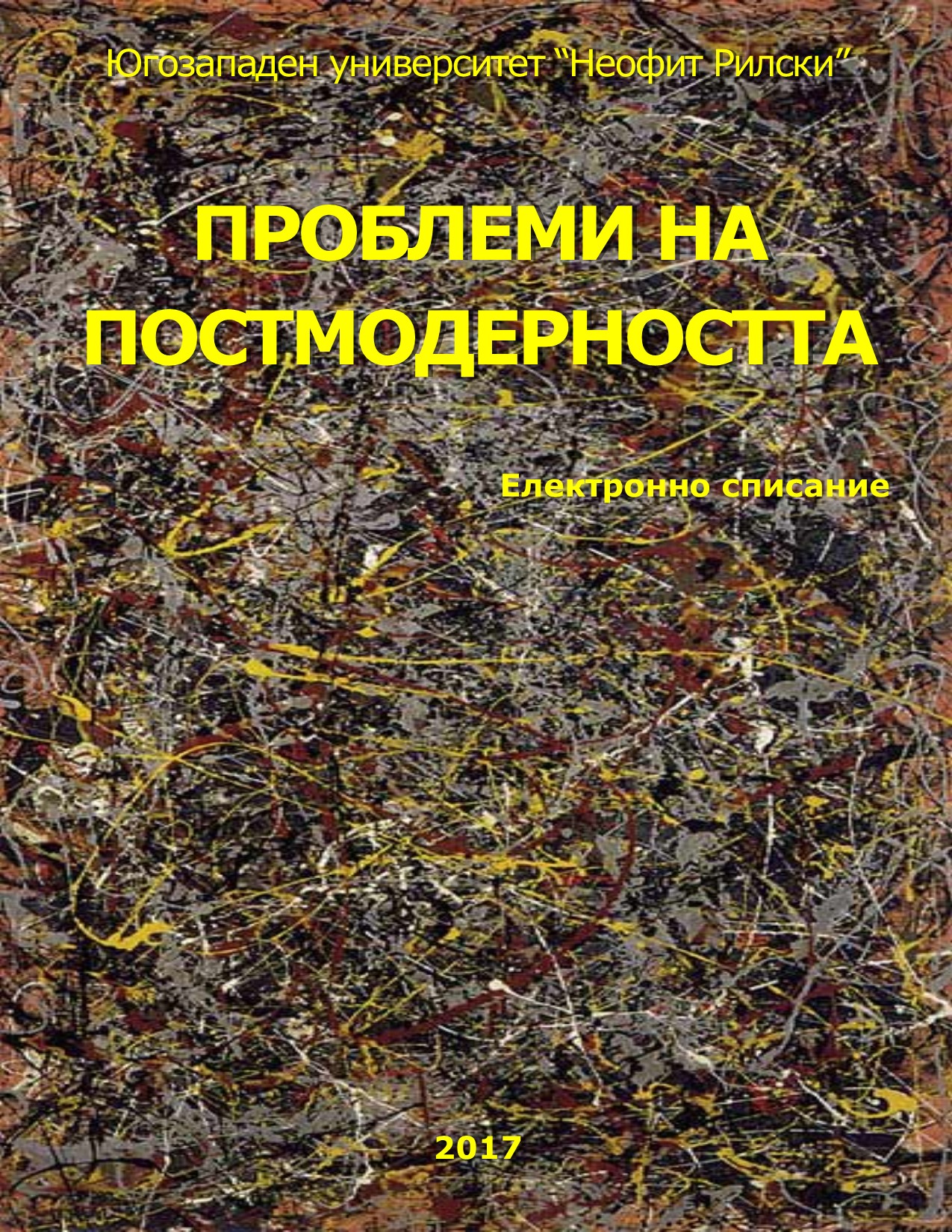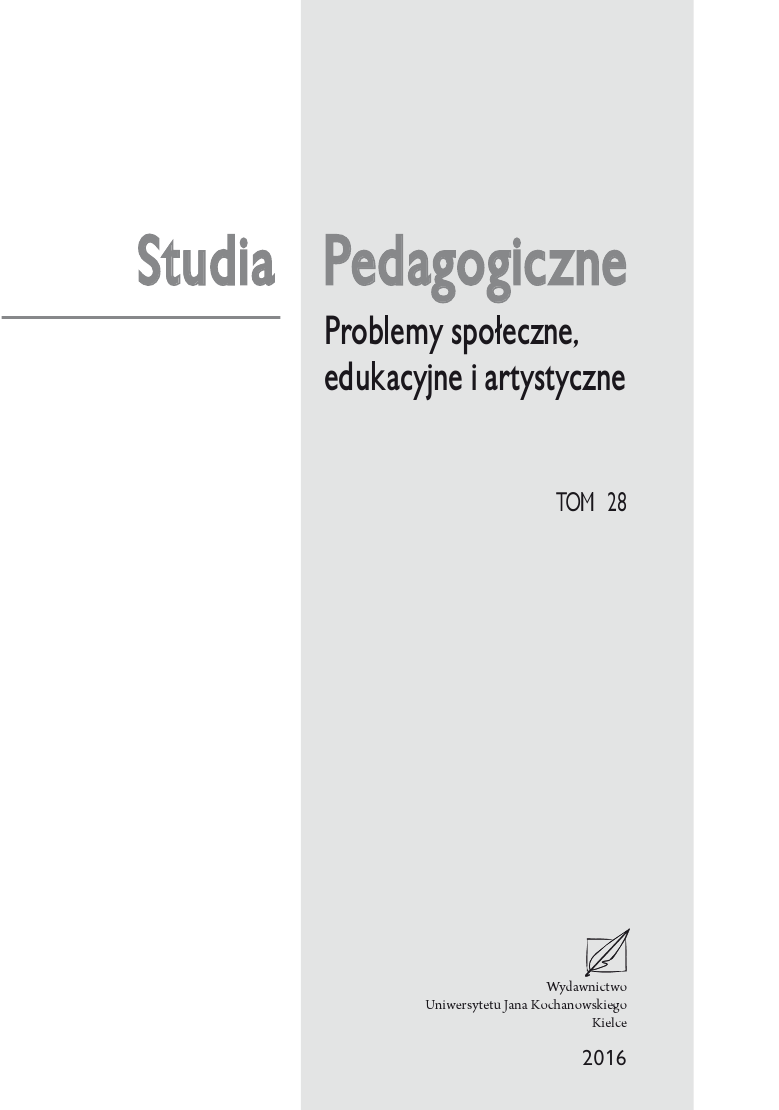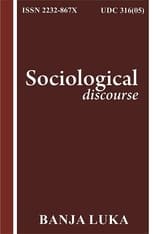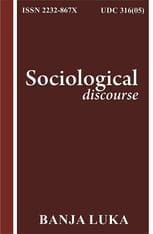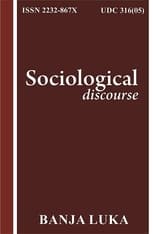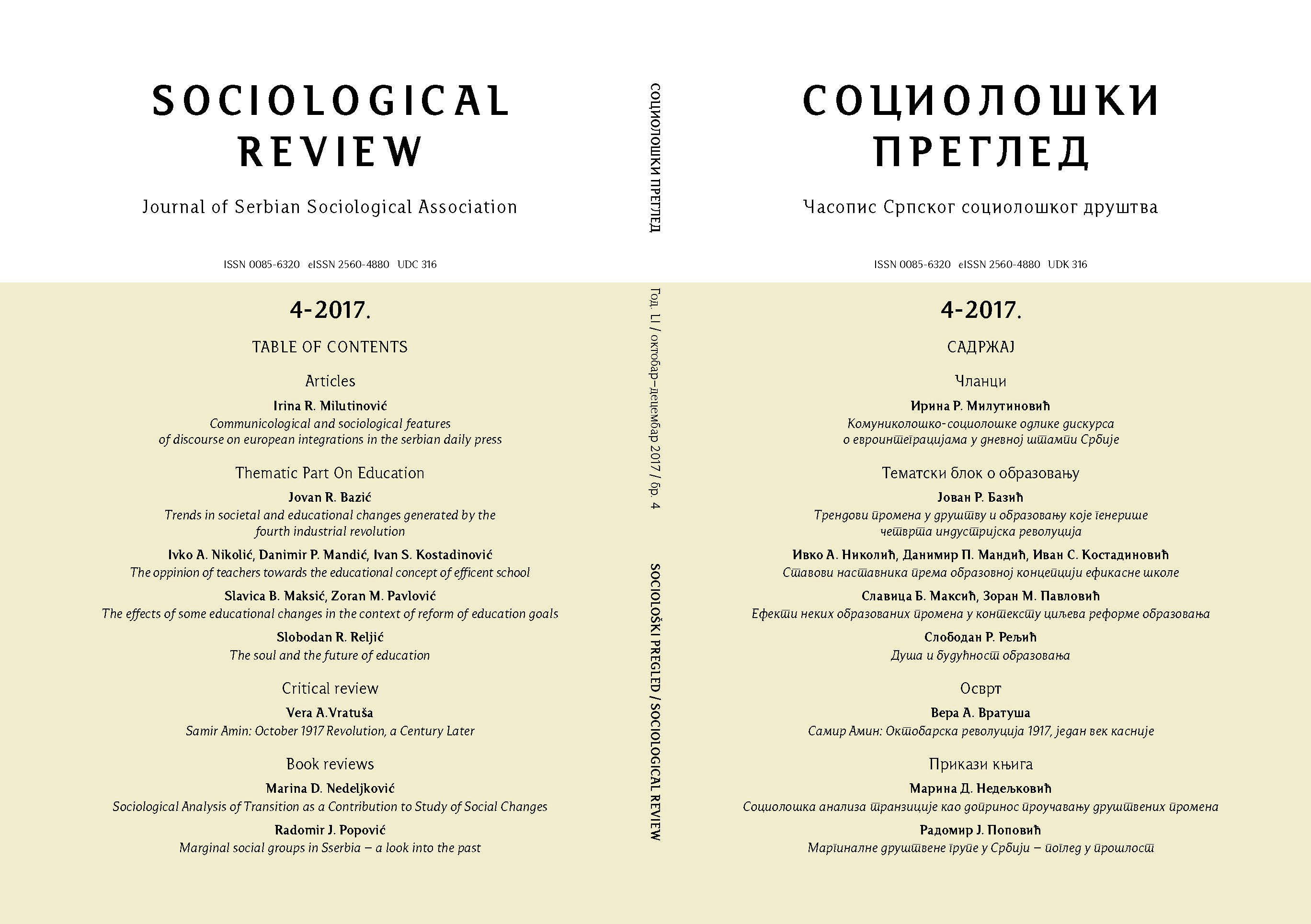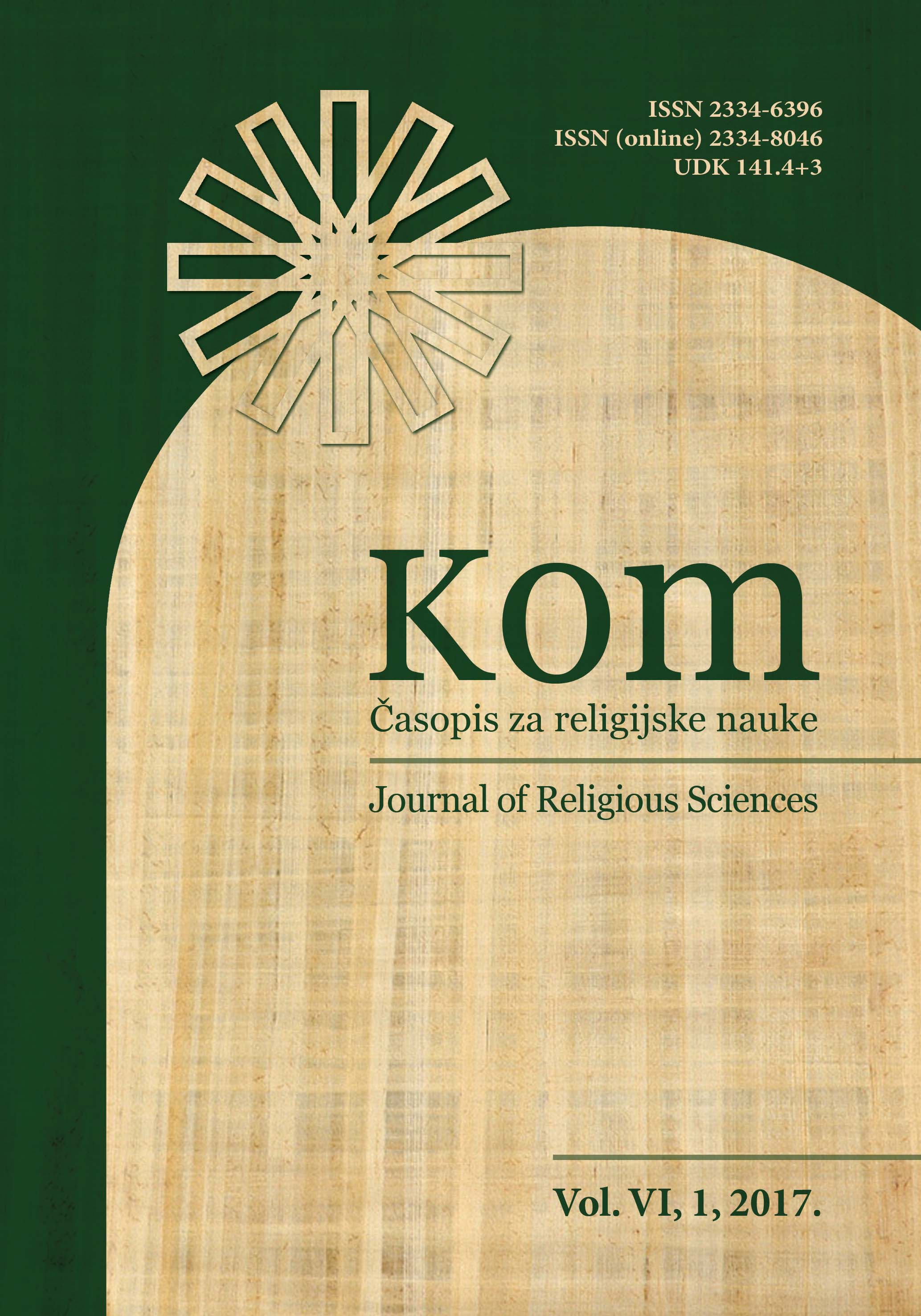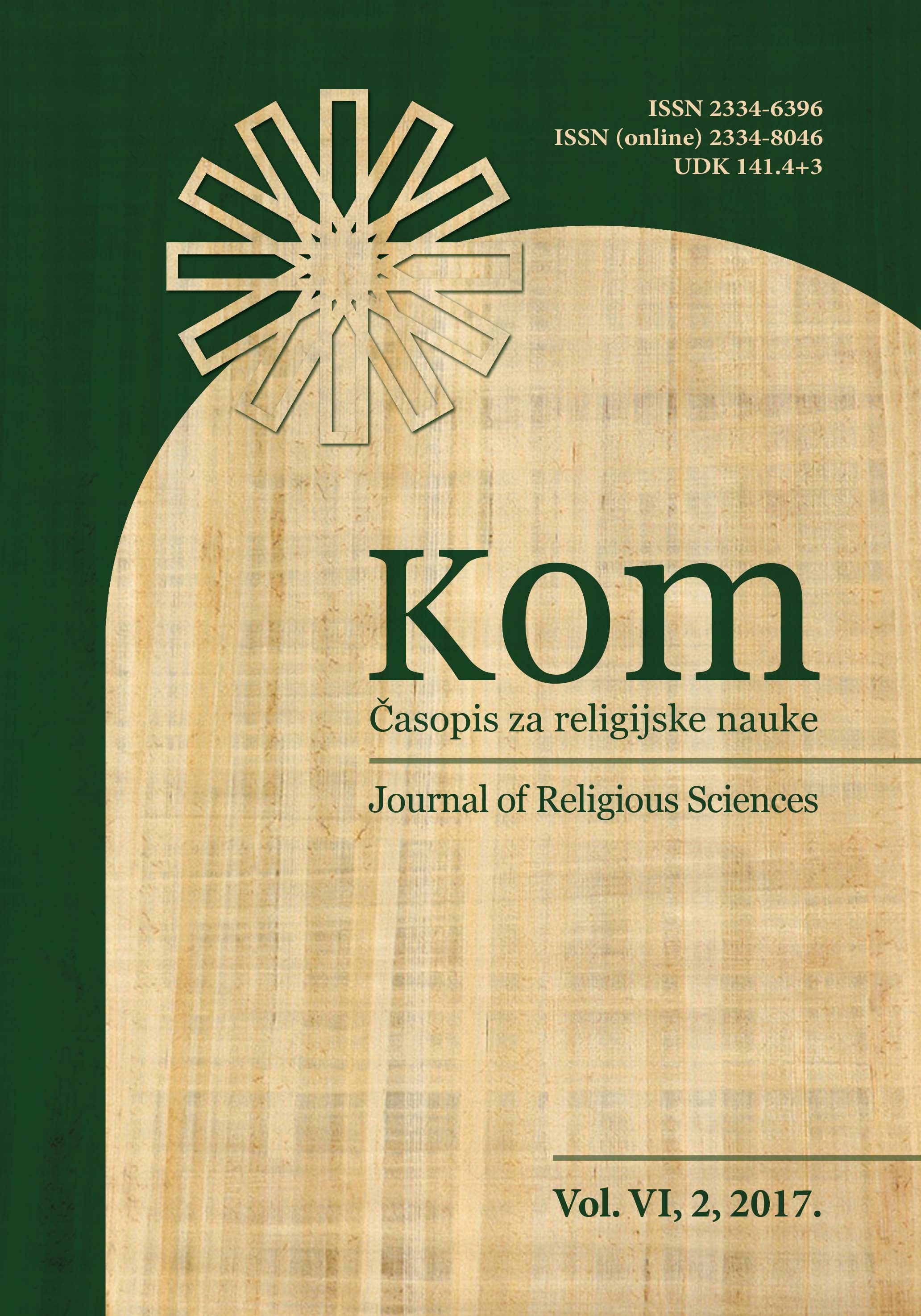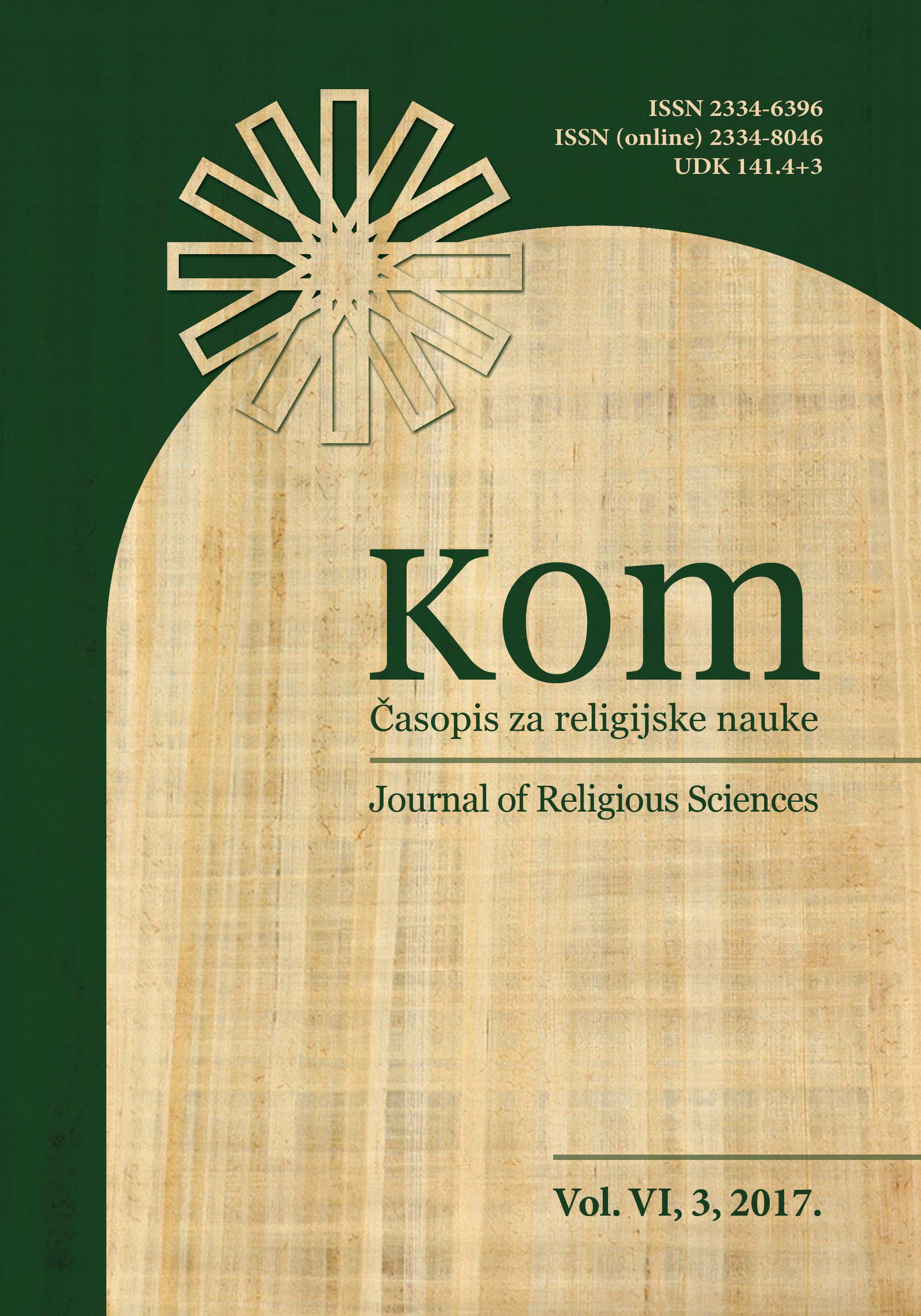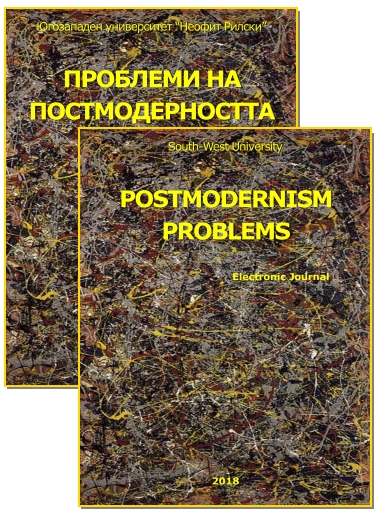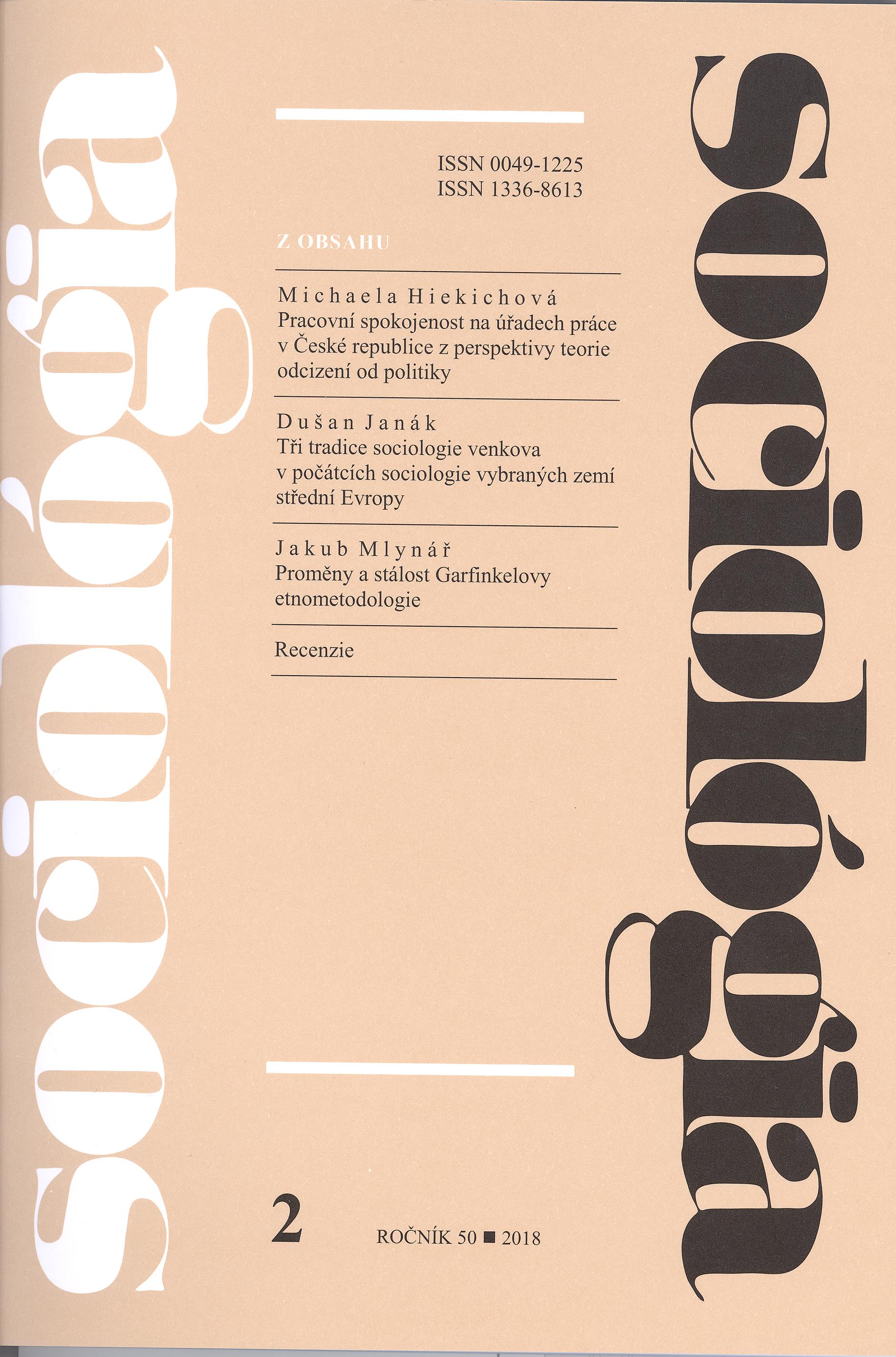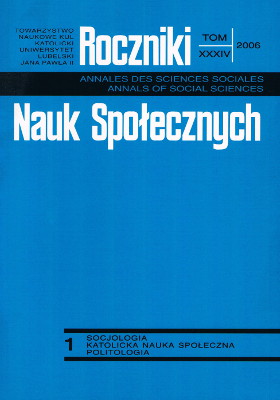
Autorytety instytucjonalne polskiej młodzieży w badaniach socjologicznych ostatniej dekady PRL i po 1989 roku
The special interest of the author of the article are the Polish youths’ institutional authorities in two different social-political epochs: the last decade of the Polish People’s Republic and III Polish Republic. The article is a review of selected empirical materials concerning this problem explicitly or implicitly. Its aim was to recognize similarities and differences in the way various institutions were perceived (the school, political and non-political institutions, and the Church) by youths living under different systemic conditions, and verifying two theses on this basis: one assuming similarity of the institutional authorities in the awareness of the youths living in the last decade of the PPR and those living in the III PR, resulting from too short a period in which the democratic system prevailed in Poland to bring about fundamental changes in perceiving the institutions by young people living in the period of III RP as compared to the youths of the 1980’s; and a second one, assuming differences in perceiving the institutions by young Poles of the two periods, resulting from the systemic change in Poland initiated in 1989.Young people living in the last decade of the PPR and in the III RP perceived the school, teachers and non-political institutions (television, radio, the military) in a similar way. A continuation of the trend to negatively assess the school and teachers, and positively assess non-political institutions occurred here. The systemic change in Poland did not effect a change in the young people’s scale of respect towards those institutions. However, it resulted in a decrease in young people’s trust in political institutions and the Catholic Church.
More...
